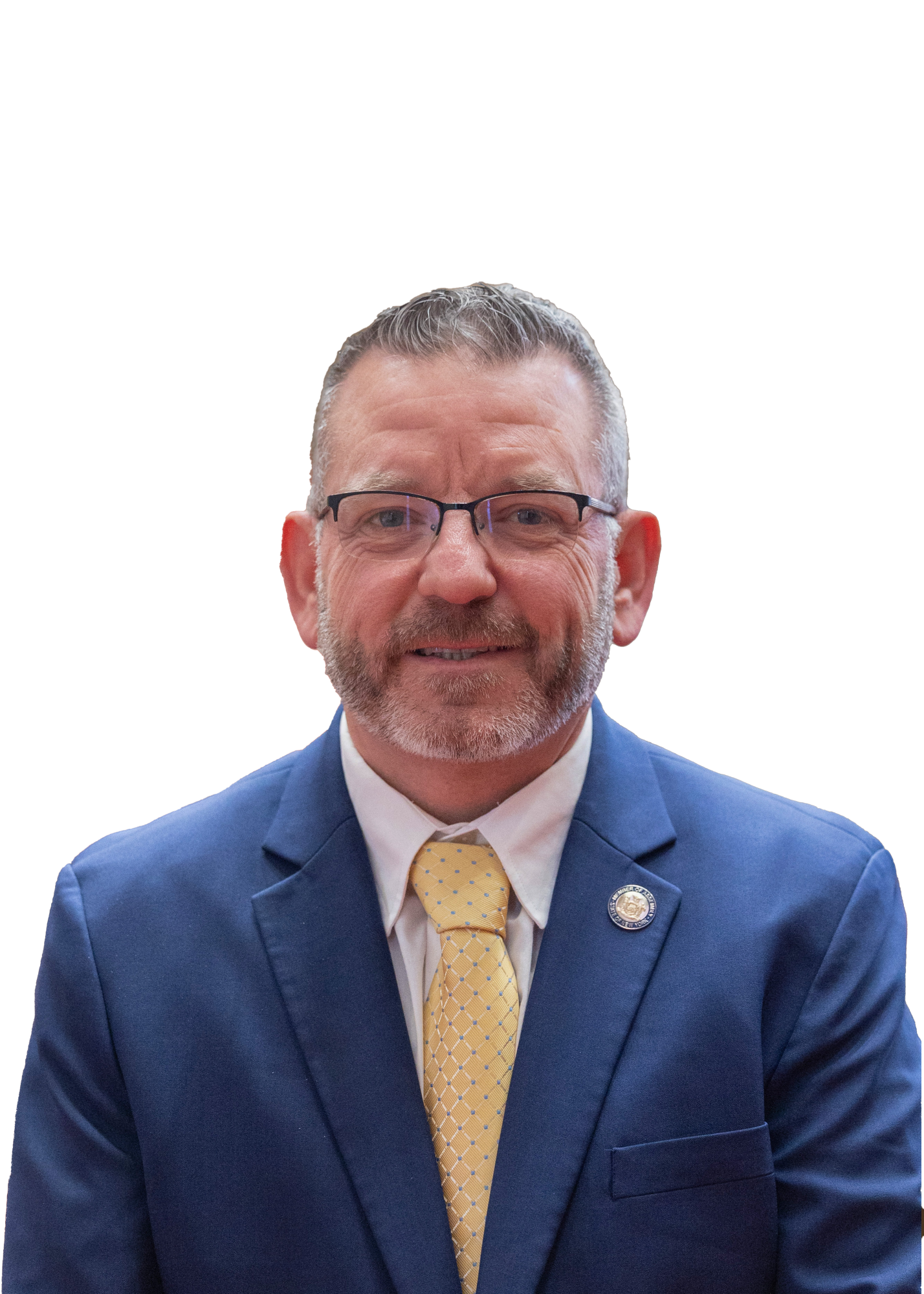Avoid Using Schools as Early Voting Sites or Boost Security, Says Assemblymember Reilly
In a letter to New York City Mayor Bill de Blasio, Assemblymember Michael Reilly (R-South Shore) expressed his concern over the extended use of local school buildings for early voting. Early voting, which passed through the legislature and was signed into law by Governor Cuomo earlier this year, will allow New Yorkers a total of 12-days to participate in an election, the first occurring for primary elections this coming September, then followed by general elections in November. His letter was addressed to other early voting stakeholders as well, including the Executive Director of the city Board of Elections, Michael Ryan, the Chancellor of city public schools, Richard Carranza, and Police Commissioner, James O'Neill.
A copy of that letter can be view here: www.bit.ly/2WrrDnD
Last week, the Board of Elections approved a preliminary list of 34 locations which will serve as early voting poll sites throughout the city - roughly a quarter of which are public, private, or parochial schools - and it is expected that more sites will be announced soon to meet the de Blasio Administration's goal of 200 sites citywide.
Reilly, who prior to serving in the New York State Assembly served as a member of Community Education Council 31 for nearly a decade, stressed that early voting would place an unfair burden on students, teachers, and administrators because it would be disruptive to the school day.
"At most schools, voting machines are being placed in cafeterias, gymnasiums, and even the building's main lobby. It impedes a student's ability to navigate their school safely, and sometimes causes them to miss valuable academic time," said Reilly. He continued, "Before early voting, schools were disrupted for just a maximum of three or four days each election year, but now we are inconveniencing students, teachers, and administrators for a minimum of 24 days to accommodate a 12-day primary election, and a 12-day general election, not to mention an additional 12-days for any special election. It's ridiculous, plain and simple."
He also pointed out the negative impact it will have on school safety, summing it up as an unwise decision at a time when most parents fear for their child's safety at school.
Reilly requested that Mayor de Blasio reconsider using public, private, or parochial schools as early voting poll sites, and suggested instead that he consider some of the more appropriate alternatives such as community centers, libraries, and institutions of higher education. If that is not practical, Reilly is asking that the Police Department expand their poll site detail from one officer to two, with the additional officer being solely responsible for school safety.
"I commend my colleagues for their efforts to make voting more accessible, but we really need to do it in a responsible and practical way. I hope that Mayor de Blasio will understand my concern, and take the necessary steps to find alternate sites that do not unfairly burden our students, teachers, or administrators."
Reilly raised the same concern earlier this year when the early voting legislation came to a vote in the State Assembly. Video of his floor speech can be found here: www.bit.ly/2vFqsVU
